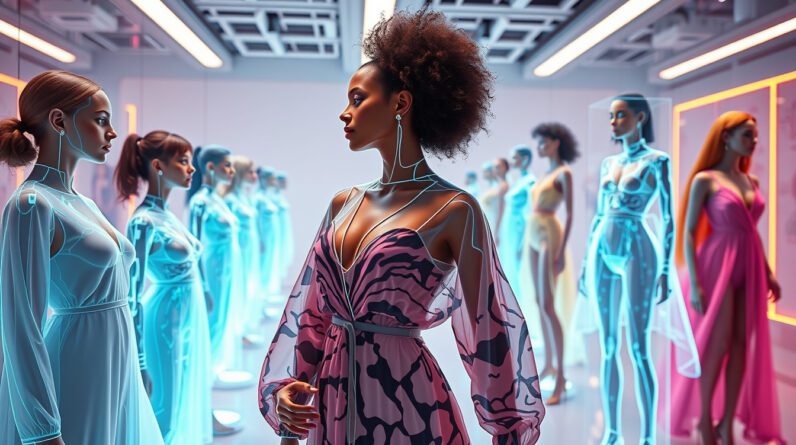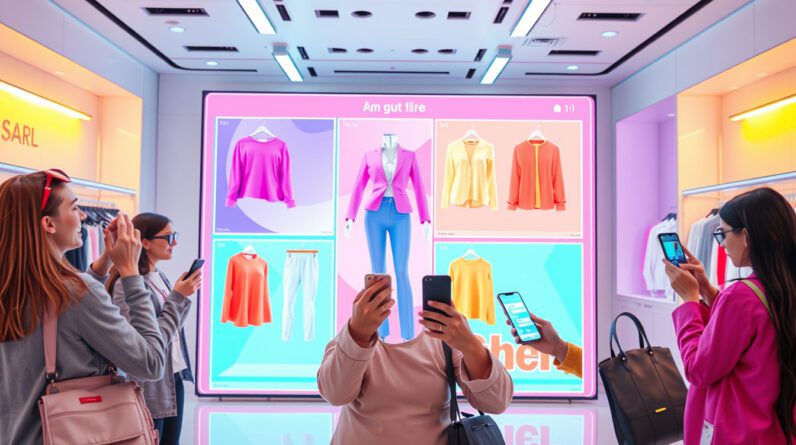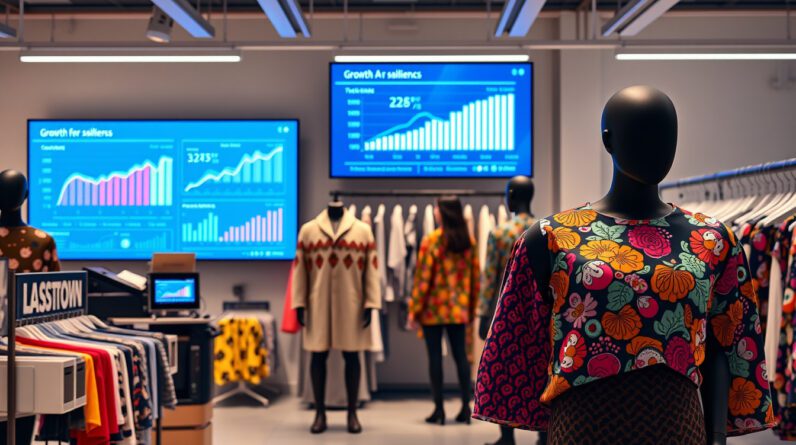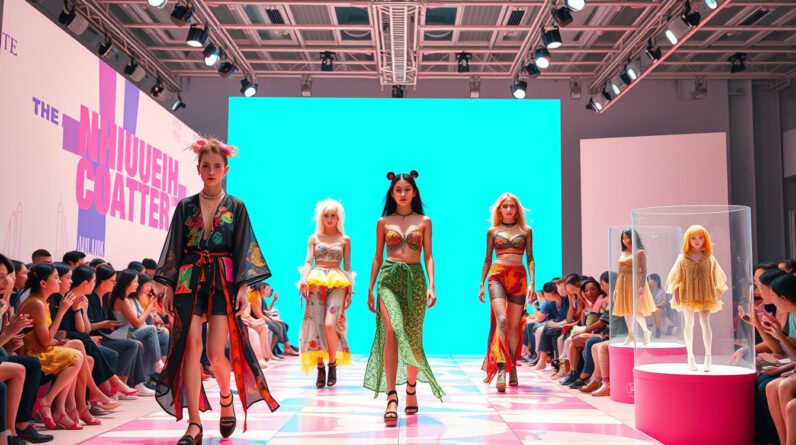
Experts Warn of Ethical Concerns as Fashion Brands Adopt ‘Digital Twins’ Technology
By Margaret Wong, May 17, 2025
Technology meets daily life. The fashion field tests new paths to reach buyers and cut costs. Big names like H&M now use "digital twin" technology. They build lifelike AI copies of real models. This choice brings hard questions on work rights, self-image, and the world we share.
The Rise of Digital Twins in Fashion
Brands build digital copies by scanning bodies and capturing voices. H&M made 30 copies of models with this method. These AI copies sell items and speak with users online. Other brands join the effort. In the coming days, real models might give way to these repeatable digital images. Some models get pay and share control over their look, but rules on pay and rights stay vague.
The Call for New Rules
As tech speeds up, experts sound alarms. Jul Parke, a media and tech student in Toronto, asks for clear rules. Parke wrote for The Conversation, "We need new rules that give fair pay for creative work." His words press for laws that guard work rights in art and design jobs.
Impacts on the Workforce
Digital twin tech may change jobs for models, photographers, and influencers. Real models might lose work and earn less as brands pick low-cost AI. This shift could split the field. Big-name models might use their own images with ease, leaving smaller names behind.
Some experts worry that more digital models may feed old problems in fast fashion. Fast fashion makes over 92 million tons of textile waste each year. If brands depend more on AI, care for the world could drop. Though digital images stay on screens, they still drive the sale of physical goods. This can add to waste and mass production.
Questions on the Environment
Digital twin work shows ties beyond human work. It asks if profit goals in fashion hurt green efforts and real human jobs. Some brands now share clear pay plans and rights for the people behind digital images. These steps try to mix tech and ethics with care.
Consumer Action and Sustainability
As tech grows, experts call on lawmakers to set firmer rules. Buyers have a role to cut waste. Choosing thrift or secondhand items can keep clothes in use longer. Each small choice can drop the need for harm in both digital work and fast fashion.
In summary, as brands adopt digital twin tech, the fashion world must work on questions of ethics, work rights, and care for our world. Only group effort and watchful care can use tech’s gifts while keeping people and the planet safe.
For more updates on ethical work practices and guiding tips on sustainable living, subscribe to our newsletter for smart and simple advice.





